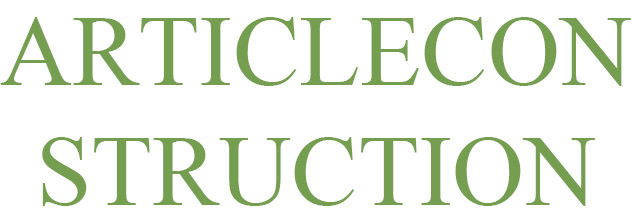Which Is Better for Your Plumbing: CPVC or UPVC?
When it comes to choosing the right materials for plumbing, it can feel overwhelming. Two popular options on the market are CPVC (Chlorinated Polyvinyl Chloride) and UPVC (Unplasticized Polyvinyl Chloride). But how do you know which is the best fit for your needs? Let’s break it down together!
The company is the world’s best Cpvc And Upvc Difference supplier. We are your one-stop shop for all needs. Our staff are highly-specialized and will help you find the product you need.
Understanding CPVC and UPVC
First, let's take a closer look at the two materials. CPVC is a thermoplastic made by chlorinating PVC resin, which allows it to withstand higher temperatures and pressures. On the other hand, UPVC is a type of PVC that doesn’t have added plasticizers, making it more rigid and suitable for various external applications.
So, what's the Cpvc And Upvc Difference? In essence, CPVC is often used for hot and cold water plumbing, while UPVC is primarily used in drainage, plumbing systems, and even window frames because of its durability and resistance to corrosion.
The Benefits of CPVC
Let's start with CPVC. Its standout feature is its ability to handle hot water. Imagine being able to run hot water without worrying about pipe damage! According to the American Society of Plumbing Engineers, CPVC can withstand temperatures up to 200°F (93°C). Additionally, it’s less likely to corrode compared to traditional metal pipes.
Moreover, CPVC is lightweight, making it easier and cheaper to install. Construction statistics show that labor costs can drop by as much as 50% when using CPVC over metal counterparts. How’s that for a plumbing win?
The Advantage of UPVC
Now, let’s talk about UPVC. If you’re looking for a material that won’t degrade over time, UPVC is your best friend. It is resistant to harsh weather conditions and chemicals, making it ideal for outdoor plumbing and drainage systems.
A recent survey revealed that homes using UPVC for their drainage systems saw a significant drop in maintenance costs—up to 30% over a decade! This is crucial for homeowners looking to save money and avoid disruptive repairs. And since UPVC is recyclable, it plays a role in sustainable construction practices.
When to Choose Which?
Deciding between CPVC and UPVC really comes down to your specific needs. If you require a robust solution for hot water, CPVC should be your go-to. However, if you're focusing on external drainage systems, UPVC is likely the better option.
For instance, when John, a homeowner in Los Angeles, faced constant leaks in his hot water system, he switched to CPVC. He reported that not only did he resolve the issue, but he also noticed an increase in water pressure. Meanwhile, Lisa in Florida opted for UPVC in her home, enjoying the benefits of a corrosion-resistant drainage system that stands the test of time.
Innovations and the Future of Plumbing
Both CPVC and UPVC are at the forefront of innovative plumbing solutions. With newer manufacturing techniques, these materials have become increasingly efficient, eco-friendly, and user-friendly. Innovations such as UV stabilization and advanced jointing systems ensure better performance and longevity.
Looking ahead, the plumbing industry is evolving rapidly. Future advancements may lead to even smarter materials that can monitor their own structural integrity, alerting homeowners before problems arise.
Conclusion: Making the Right Choice
Ultimately, the choice between CPVC and UPVC boils down to your plumbing needs and preferences. Each material has unique strengths that cater to different applications. By understanding these differences, you're not just making an informed decision; you’re also enhancing your home's plumbing effectiveness and sustainability.
So, whether you're upgrading your plumbing system or just starting from scratch, consider your options carefully and choose a path that aligns with your needs for today and the innovations of tomorrow!
If you want to learn more, please visit our website Pvc Vs Upvc Vs Cpvc.



